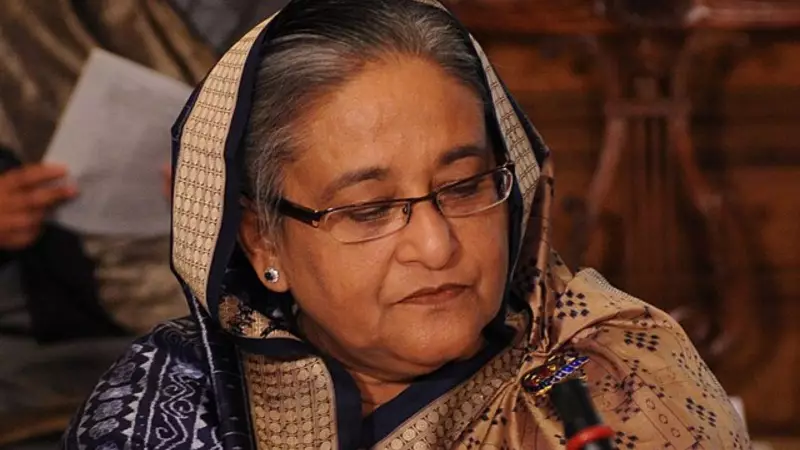
Exiled Leaders Rally After Hasina's Death Verdict
Senior leaders of Bangladesh's Awami League, currently living in exile following the toppling of Sheikh Hasina's government, have broken their silence a day after the former prime minister was sentenced to death by an International Crimes Tribunal. The verdict, delivered in absentia on November 18, 2025, has sent shockwaves through the political community and prompted urgent calls for intervention.
Sheikh Hasina, 78, who has been residing in India since her government was overthrown on August 5, 2024, received the capital punishment alongside former home minister Asaduzzaman Khan Kamal, who faced similar charges of "crimes against humanity." The development has intensified the political crisis in Bangladesh and put India in a delicate diplomatic position.
Demands for Political Inclusion and Safe Return
In exclusive conversations with The Indian Express, multiple Awami League leaders and former Members of Parliament revealed their conditions for returning to Bangladesh. Approximately hundred party leaders are currently living in exile, with an equal number behind bars in Bangladesh along with thousands of party cadres.
Four-time MP Nahim Razzaq described the systematic attempt to "finish off" Awami League through party bans, criminal cases against leaders, targeting of family members, and freezing of bank accounts. Surprisingly, Razzaq claimed the verdict against Hasina has "suddenly motivated" the exiled leadership.
"We know going back to Bangladesh is a challenge, but if the ban on the party is lifted and we are granted bail in the cases against us, the cadre and the leadership are raring to go," Razzaq stated emphatically.
India's Crucial Role in Regional Stability
The exiled leaders expressed strong expectations from India, citing historical ties and geographical proximity. Former Textiles and Jute minister Jahangir Kabir Nanok, 71, articulated the urgent need for Indian support during this critical juncture.
"As our friend and neighbour, they have to ensure that Bangladesh does not degenerate into another terrorist, Islamic State," Nanok warned. He directly appealed for assistance: "India has to help us in our fight against the interim government which created the ITC and which gave such an illegal verdict of death penalty for our Prime Minister in absentia."
Nanok, a member of the Presidium of the Awami League Central Committee, described the verdict as "totally one-sided" where "no opportunity for defence was given."
Political Future Under Yunus Government
All Awami League leaders interviewed expressed unanimous skepticism about the interim government headed by Prof Muhammad Yunus. They predicted the government's imminent collapse and ruled out participation in any elections conducted under Yunus's leadership.
"No election held with Yunus at the helm would be credible," Nanok asserted. "He has to resign. The senior leaders of the Awami League are clear about the fact that we will not participate in polls under him."
Three-time former MP Pankaj Nath, who contested the 2024 general elections as an Independent, echoed these sentiments. "The target is the elimination of the Awami League from the political scene in Bangladesh, but we know that things will change soon," Nath stated confidently.
Nath emphasized that Bangladeshi citizens would boycott any election that excluded Hasina from contention. He called for general amnesty for jailed workers and leaders as a prerequisite for restarting democratic processes.
Hasina's Leadership from Exile
Despite the physical distance, Sheikh Hasina maintains active communication with her party members through Internet applications, according to Bahauddin Nasim, Joint Secretary of the Awami League Executive Committee and former MP.
Nasim revealed that Hasina contacted party committee members just hours after the death penalty announcement to boost morale. "Her message was unequivocal. She told us what had happened was unconstitutional and that the Yunus government should be overthrown," Nasim shared.
The exiled leaders remain committed to following Hasina's guidance. "Hasina is our leader and we will follow any advice she gives. If she gives a call for fighting elections, and if the ban on the Awami League is lifted and key leaders are released from jail, we will fight under her leadership. But there should be a level playing field," Nasim concluded.
The leaders expressed confidence in an impending popular uprising in Bangladesh and trust that India will not tolerate "such atrocities in its neighborhood." As the political drama unfolds, all eyes remain on India's response to Dhaka's formal request for Hasina's repatriation and the exiled leaders' plea for continued sanctuary.





